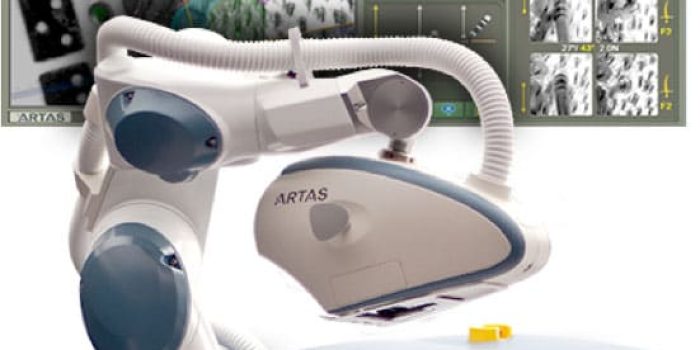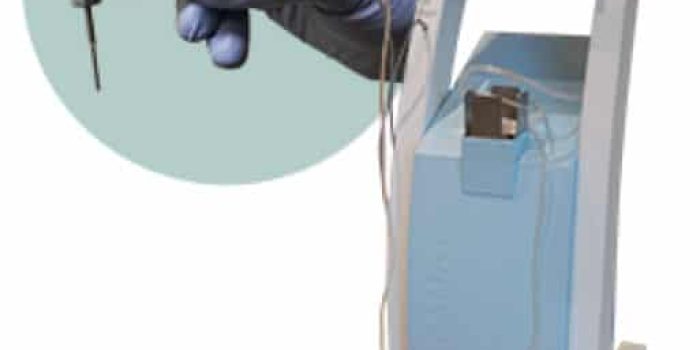Neograft vs. ARTAS®
Performed by M.D Board Certified Specialists
At Miami Hair Institute, your ARTAS procedure will be performed by M.D. board certified specialists certified by the American Board of Dermatology and Fellows of the International Society of Hair Restoration Surgery. At our center you will have personalized care by three of the most skilled hair surgeons worldwide with over 50 years of combined experience.
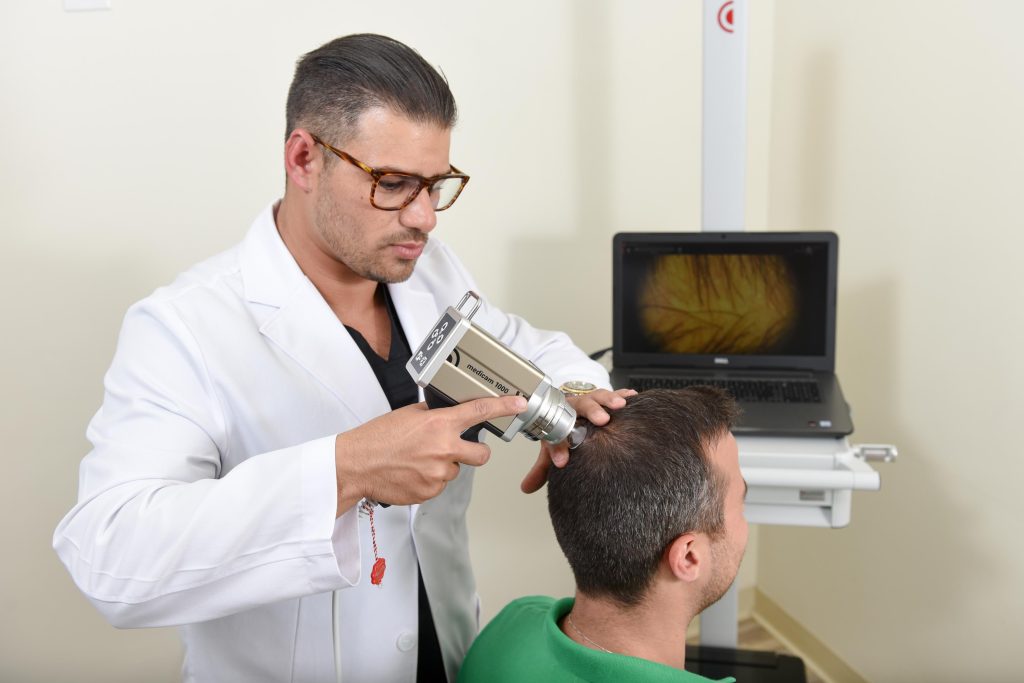
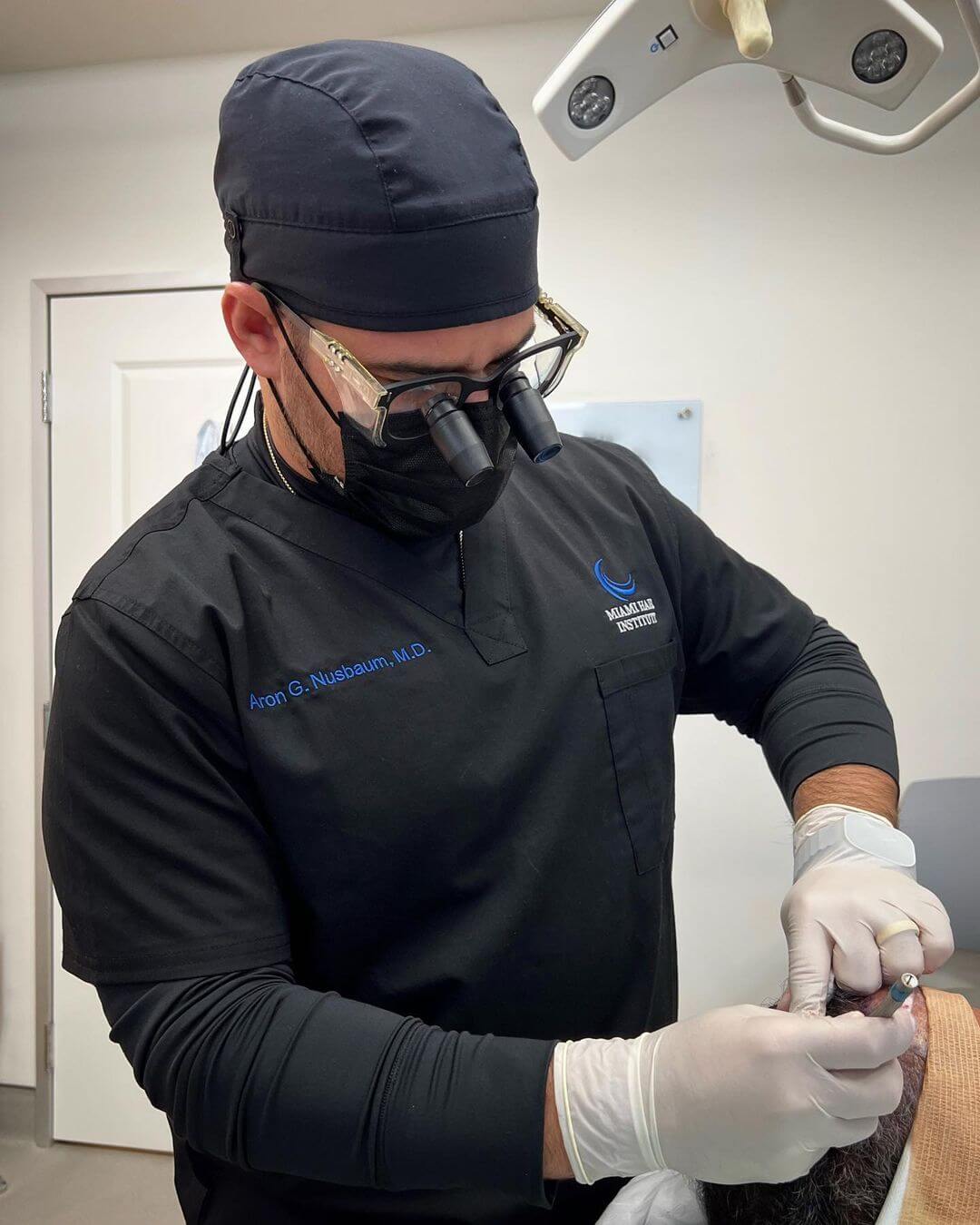
The absolute limiting factor in hair restoration surgery is your finite supply of donor follicles; therefore, we take meticulous care to ensure that all our systems are geared to ensure the highest percentage of follicle survival. Some companies that manufacture FUE equipment also provide unlicensed technicians who will travel from state to state, without malpractice insurance, to perform your entire surgery in a offices where the physician has no experience whatsoever in hair loss diagnosis or in hair restoration surgery. If you were subjected to a surgery in that environment, and something went wrong, you would be left with little recourse. In choosing a clinic, it behooves you to research the surgeon’s track record in hair restoration and whether the clinic is dedicated to hair surgery.
Read more at the International Society of Hair Restoration Surgery Website:
ARTAS Robotic Surgery at the Miami Hair Institute
Below are the differences between ARTAS Robotic Surgery at the Miami Hair Institute and a clinic utilizing the Neograft or Smartgraft System.
Computer Algorithms
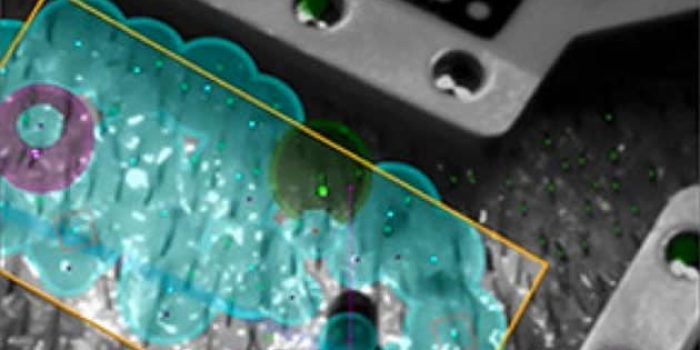
Intelligent algorithms identify and select the optimal hairs for harvesting.
- Targeted graft selection
- Uniformly harvested donor area
Computer Algorithms: None
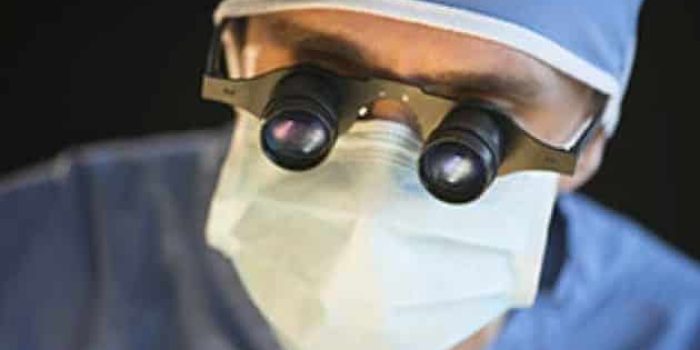
No automated safeguards to track previous dissection sites.
Hair direction, angle, spacing and depth must be estimated visually by the operator.
Harvesting Method
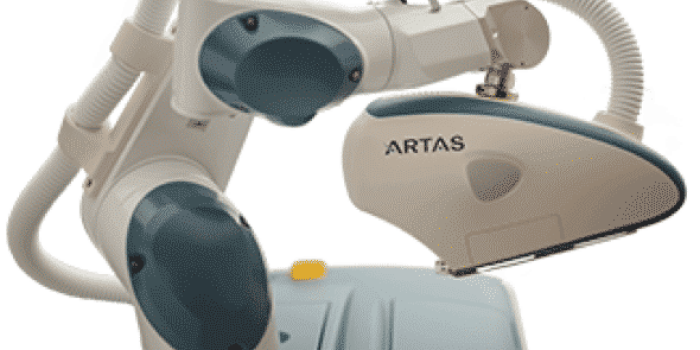
Image guided robotic alignment for precise graft dissection unmatched by human manual techniques:
- Graft quality remains consistent throughout the procedure.
- The thousandth graft is the same quality as the first, as human fatigue is not a factor.
- The ARTAS Robotic System monitors and updates parameters of each follicular unit 60 times per second.
Harvesting Method

Motorized handheld harvesting tool. All harvesting is performed by punching out hairs by hand one at a time.
- Using a motorized handheld punch is extremely demanding, fatiguing and tiring. It is difficult and requires a high level of eye-hand coordination and manual dexterity.
- Typically, personnel manually punch out thousands of grafts by hand.
- Misalignment of a hand-held device can result in donor follicle damage.
User Interface

High resolution digital imaging provides unparalleled visual detail of the donor area.
Exceptional control of parameters such as spacing between harvests, graft dissection depth and hair angles to yield robust and viable grafts.
User Interface: Not Available

The handheld technique depends entirely on human eye-hand coordination.
Risks include human error and a high degree of human fatigue, resulting in skill variation from hour to hour or on certain days.
Punch Type
Patented Blunt Dissection technique designed to produce minimal scarring and viable grafts.
Punch Type
Uses sharp punch that can result in a greater risk of damage and transection (cutting a healthy graft rendering it unusable).
Suction / Vacuum
Utilizes suction and vacuum only during dissection process. The graft elevates above the scalp for ease of forceps extraction.
Suction / Vacuum
Utilizes continuous suction / vacuum to extract and transport the graft into a storage vial. This may cause the graft to dry out and cause desiccation and follicle death. Grafts can also be trapped in the suction apparatus.
Digital Mapping
Digital Mapping Real-time 3D analysis that provides accurate mapping and calculations of critical hair follicle characteristics necessary for successful graft dissection.
Digital Mapping: Not Available
Not Available. Information is limited to what can be interpreted by a human operator wearing magnification glasses.
Computer Simultation
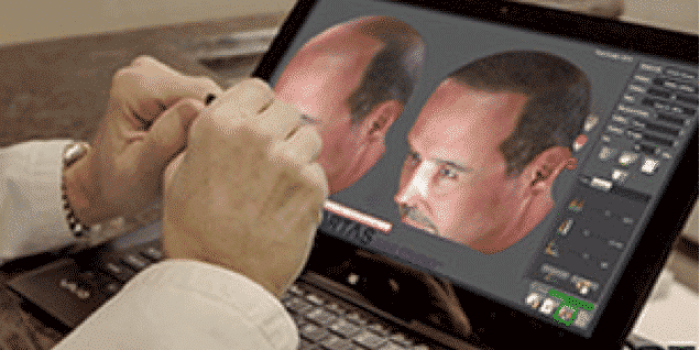
ARTAS Hair Studio® Technology
3D simulation depicting your potential results. During the consultation, your physician will design your surgical plan and illustrate options with your input.
Mosaic Hair Restoration
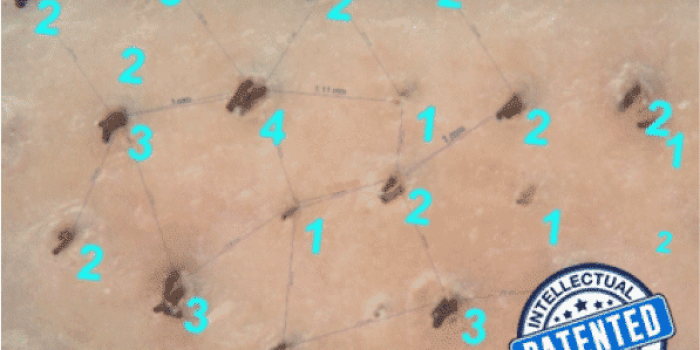
A Paradigm Shift in Hair Transplant Surgery
In practice, our Surgeons obtain several magnified images of the patient’s scalp in areas unaffected by the balding process. We analyze the images to tabulate the percentages of one, two or three hair follicular units and determine their topographical arrangement unique for that patient. This data is then used for creating a personalized, most natural, design for implantation of the recipient zone.
Mosaic Hair Restoration: Not Available



